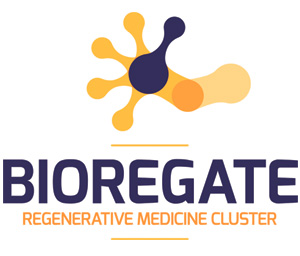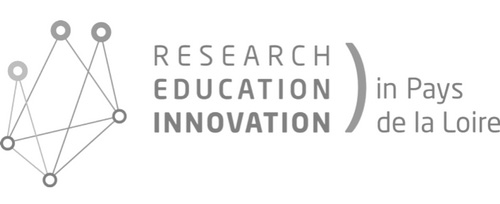Organization activities
The Biotechnology and Marine Resources (Biotechnologies et Ressources Marines – BRM) aims at developing knowledge and utilization of marine biological resources through biotechnology and bioprospection and to contribute to the optimized use of products provided through sustainable fishing and aquaculture.
The BRM unit, located in Nantes, is made up of two research laboratories
- The Algal Physiology and Biotechnology laboratory (PBA) studies the physiology of micro-algae as an essential source of food in aquaculture and a potential source of novel molecules
- The Marine Molecules and Microbial Ecosystems for Biotechnology laboratory (EM3B)
The BRM unit includes varied expertise to develop innovations in this field
- Microbiology: working strain collection (bacteria from marine biodiversity), biopreservation and knowledge of microbial ecosystems;
- Ecophysiology and microalgae: algal strain collection, microalgae production strategies, cultivation parameters, modelling;
- Molecular biology: applied to product traceability and molecular taxonomy of marine organisms, study of microalgal metabolism;
- Chemistry/Biochemistry: analysis and characterization of marine products (lipids, proteins, sugars), structural analysis of marine polysaccharides and biodegradable polymers;
- Sensory analysis: sensory analysis facilities for the characterization of marine products;
- Process engineering: fermentation, enzymatic hydrolysis, reactive extrusion bioprocessing.
EM3B “Molecules and Microbial Ecosystems for Biotechnology” lab activities
The Marine Molecules and Microbial Ecosystems for Biotechnology laboratory (EM3B) focuses on the following scientific topics: determination of bacterial communities (and their metabolisms) in marine ecosystems and the mechanisms of regulation and signalling relating to the interactions between members of these communities for the control of these bacterial communities.
The laboratory houses collections of marine bacteria of diverse origins (hydrothermal vents, seafood products, etc.) and contributes to their application in various fields (health, chemistry, human nutrition and environment). The unit explores the use of molecules from bacterial metabolism, in purified native, semi-purified or modified form (polysaccharides, enzymes, peptides) and the use of bacteria for their metabolic activity in situ (food preservation, fermentation, probiotics).
Team leader : LEROI Françoise – Françoise.Leroi@ifremer.fr

